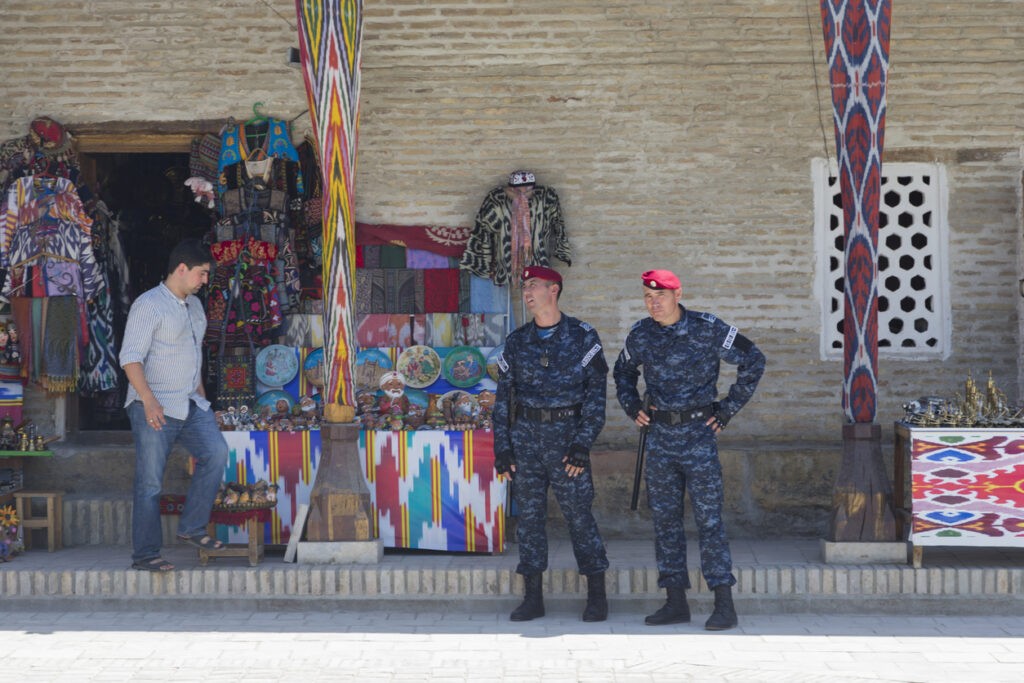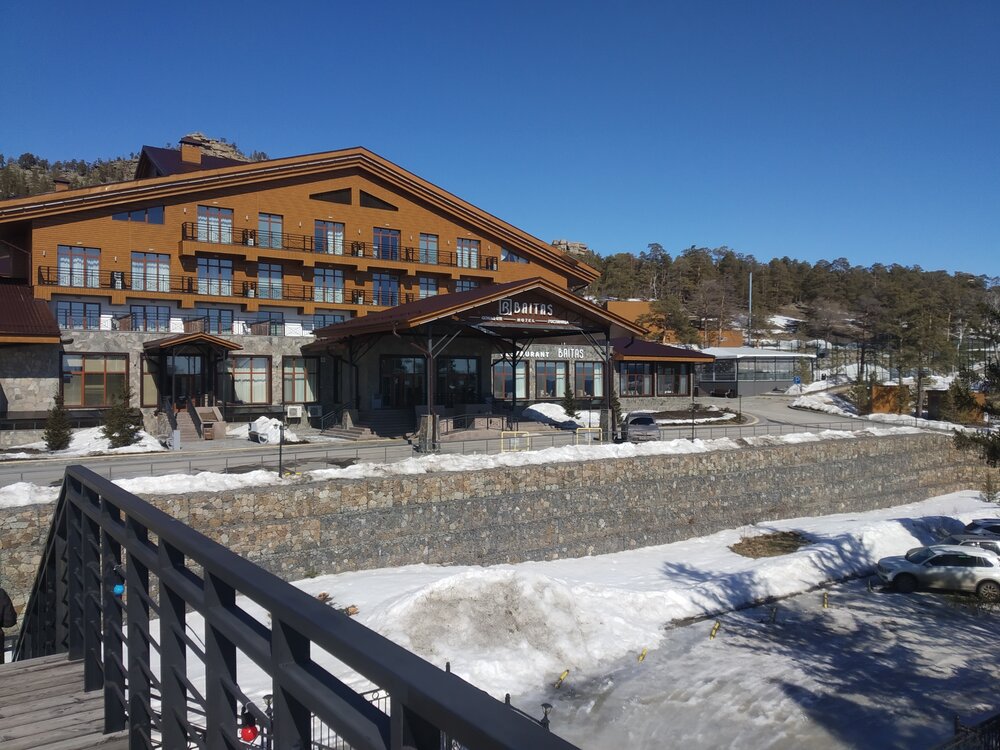ASTANA (TCA) — The outflow of capital from Kazakhstan banks is a serious problem for the country’s banking system, which has suffered from liquidity crises and bad loans. We are republishing this article on the issue, originally published by Eurasianet:
A law has come into effect in Kazakhstan stiffening control over the outflow of capital from local banks. Prior to President Nursultan Nazarbayev signing off on the law, which he did on July 4, several domestic banks had been driven to the verge of ruin, ostensibly because of capital flight.
National Bank chairman Daniyar Akishev, who put the legislation before parliament in June, described the measures as a way to grant his body greater regulatory powers and control over currency flows. The law lays out a list of transactions that constitute forms of improper capital withdrawal.
The National Bank will work together with the Committee for State Revenue to police the system. The two bodies will coordinate and exchange information on all transactions in the country.
Akishev said the rules would have no bearing on regular citizens as for them “liberal principles of currency regulation will remain in force.”
The tightening of rules comes at Nazarbayev’s insistence. In his annual address to the nation in January, he ordered that there be greater controls placed over financial institutions.
“The withdrawal of capital by bank shareholders for the benefit of affiliated companies or persons should be a serious crime,” he said at the time.
This is a particularly topical issue.
In April, Nazarbayev singled out three banks for harsh criticism — Astana Bank, EximBank and Qazaq Banki — for their poor results and for what he said was their owners’ practice of moving funds abroad. The immediate result of the president’s remarks was far from salutary, however, as panicked depositors began raiding their accounts, tipping the lenders into crisis.
Warnings of such problems had been signaled by the fate of Bank RBK last October. The bank suddenly found itself unable to pay out customers following a run on its reserves precipitated by a downgrade from an international ratings institution.
Nazarbayev’s patience was clearly running out even back then.
“Thieves should go to jail, which is where they will be sent,” Nazarbayev said on November 3 at a congress of the ruling Nur Otan party, referring to RBK shareholders. “Let us force them to return the money and stabilize the operations at this bank.”
But while Nazarbayev is testy about the phenomenon of bankers salting away money in non-transparent foreign ventures, he is more tolerant when the same is done by his own relatives.
In April 2016, the Organized Crime and Corruption Reporting Project (OCCRP) revealed how Nazarbayev’s grandson, Nurali Aliyev, owns offshore interests that include two companies registered in the British Virgin Islands. The grandson, who is in his early 30s, even had a 23-meter-long pleasure yacht registered in the BVI.
Nazarbayev’s own brother, Bolat, has also over the years made a lot of money in Kazakhstan only to spend it abroad. That fact came to prominence in an embarrassing manner over the course of legal battles in the United States between Bolat Nazarbayev and his ex-wife for control over a $20 million apartment in Manhattan.
One of the most egregious cases of cash allegedly being funneled from Kazakh banks toward non-transparent, loss-making vehicles involved major local lender Kazkommertsbank and a Bermuda-based offshore investment vehicle called Meridian Capital. According to research by OCCRP and associated outlets, Meridian developed into a multinational financial player by obtaining “easy credit” from Kazkommertsbank. But correspondence from an unidentified Kazakh National Bank official stated that whenever Meridian projects would fail, the losses would simply be dumped onto the Kazkommertsbank’s books.
This was significant as Kazkommertsbank had endured severe liquidity crises that prompted the government in March 2017 to use $7.5 billion in state funds to clear the institution’s mountain of bad loans. That bailout was rushed through in advance of a merger between Kazkommertsbank and another top lender, Halyk Bank, which was controlled by Nazarbayev’s second daughter, Dinara, and her husband, Timur Kulibayev.








